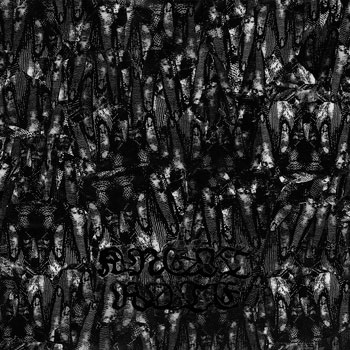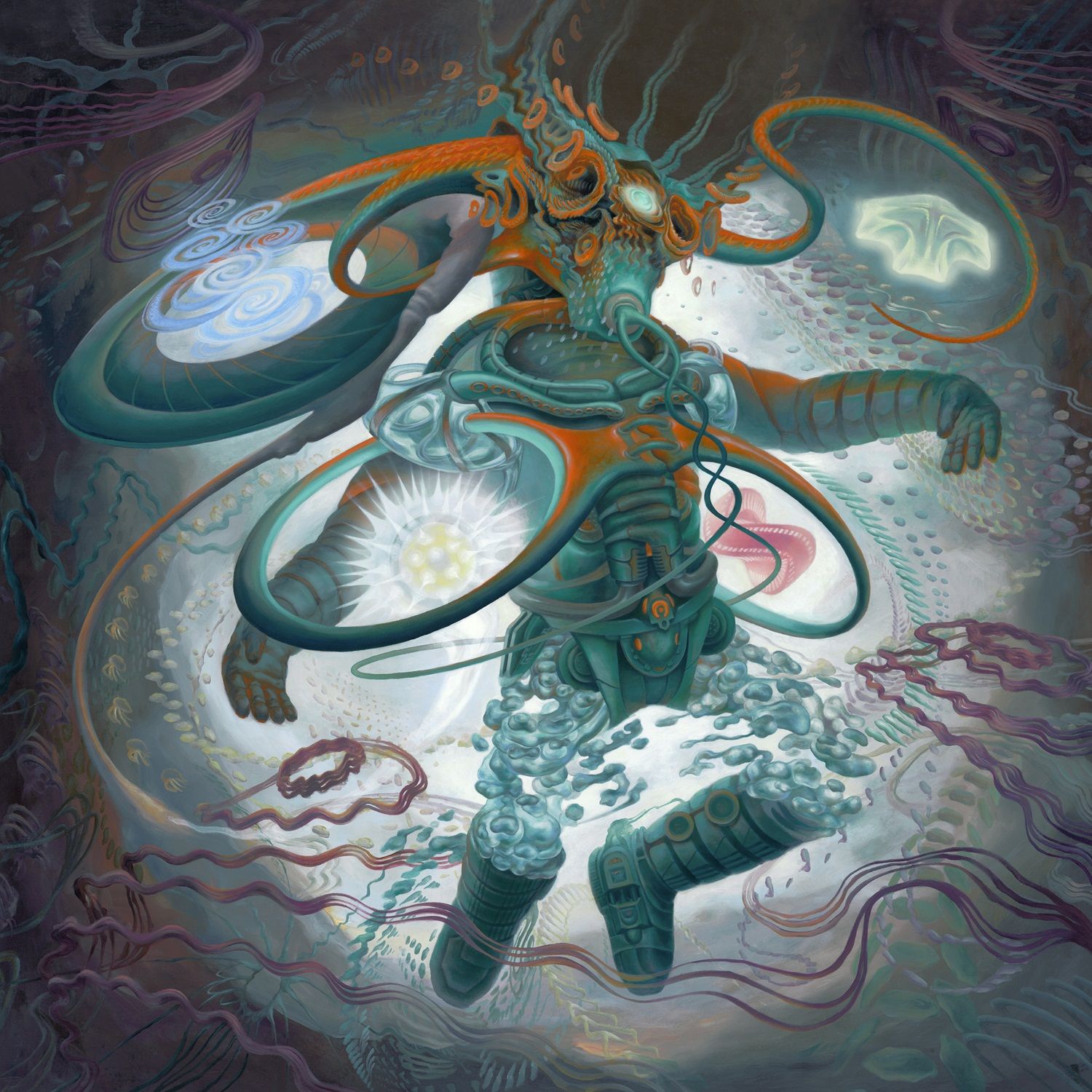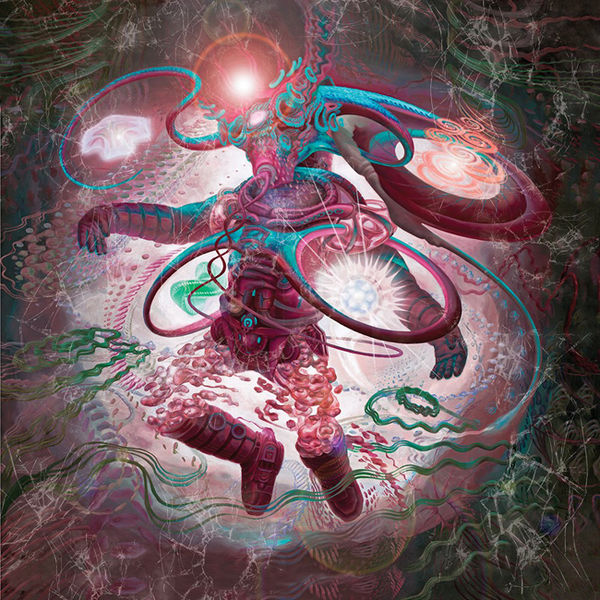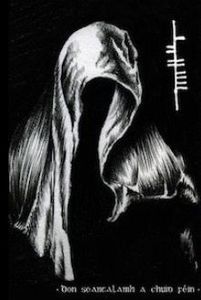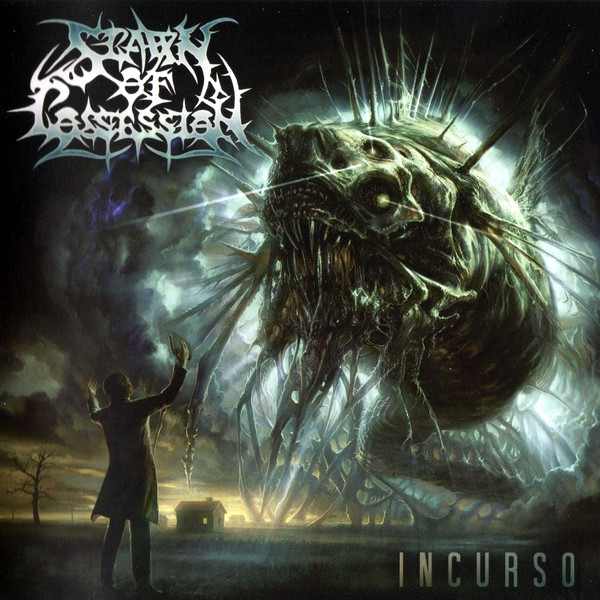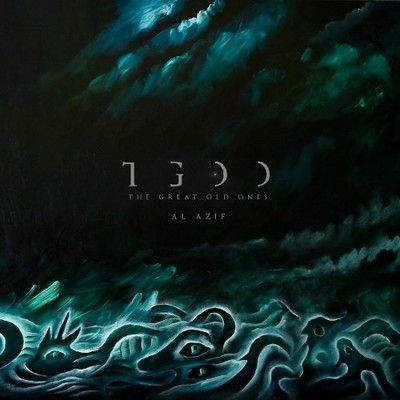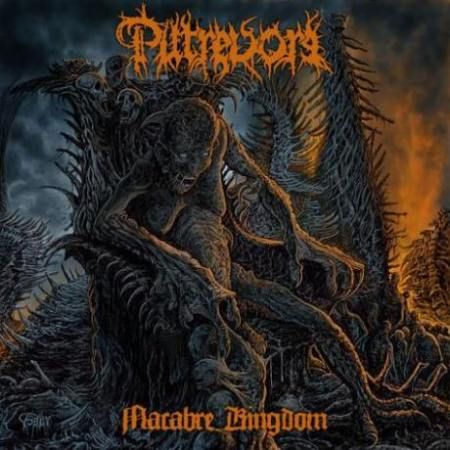Vemod- Venter på stormene
Ethereal and twisted, Venter på stormene provides a hypnotic back drop of dissonant, melodic guitars and tortured, emotional vocals. The Norwegian two-piece combine snippets of the primitive Second Wave sound, particularly influenced by Burzum and Ulver but also a bit of Darkthrone, with a heavily modern Ambient Black Metal deluge inspired by the genre's titans. It's not revolutionary nor is it deserving of exhalation, but fans of the genre will find much to love about Venter på stormene twisting forest paths and screaming dead lost in the fog.
Above all other adjectives to describe Venter på stormene, hypnotic would be at the top of the list; be careful blasting this record while driving along a sorrowfully alone highway in the dead of night, because you'll likely be coming face to face with a ditch(I nearly did). A whispering, hollow and noisy production sound combines with inescapable repetition to cast upon the listener an all encompassing trance that is difficult to break. The vocals are overwhelming, mixing shrieks, moans, guttural growls and effective clean singing to further intensify the atmosphere, while the highly repetitive drumming provides the foundation for this dreamscape of ice and fire.
Those looking for Black Metal which predicates itself on ultra tight, fast moving musicianship and lots of complexity will struggle to find much of value with Venter på stormene, but Vemod do a very good job of adding some Second Wave grime and brutality to their sorrowful, melodic sound. The title track and second track, "Ikledd evighetens kappe" both feature a strong foundation of blast beats, throat ripping vocals, slithering bass and shrieking, thin guitars to go with the ambient, soaring compositions used to break up the endless, mechanical repetition.
Mechanical, but powerful and emotional at the same time. Truly the strength of Venter på stormene comes from this facet of it's sound; despite the overall lack of complexity and the bare-bones content of the songs, Venter på stormene is an emotional, profound experience. It's the very back-bone of the Ambient Black Metal sound, but far too many new artists utterly fail to achieve any sort of real emotion. Often, they sound more like a boring art-house Drone project for their college performance art class than a truly absorbing Black Metal beast, but Vemod have clearly mastered this concept on Venter på stormene, while developing a sound which should appeal to a more diverse group of Black Metal fans.
That said, "Altets tempel" is a complete waste of track; mostly a collection of various Ambient Black Metal tropes that don't involve any of kind of Black Metal, but instead a grouping of generic melodic leads and keyboard work. At nearly 13 minutes long, it sucks the energy that the previous two tracks electro-charged the room with. These incredibly boring, lazy compositions are far to common in the genre and a major black eye for Venter på stormene. The final track, "A stige blant stjerner" is a stronger ambient piece, featuring more straight up Black Metal and some strong melodic leads, but it likes energy and power overall.
Such as it is, Venter på stormene is still a fine overall album. The failings of it's second half do little to diminish the raw intensity and profound introspection of the first half, and in the right atmosphere this album will simply cast a spell of confusion and dreams over you that is nearly impossible to break. Fans of this genre, and purists looking for something more dynamic while still firmly entrenched in the old ways of the Fatherland of Oslo will find appeal in Venter på stormene's rotted, ice-tortured orchards and hard, lifeless soil which glows an unholy twilight across the night sky.
Rating: 8/10
Those looking for Black Metal which predicates itself on ultra tight, fast moving musicianship and lots of complexity will struggle to find much of value with Venter på stormene, but Vemod do a very good job of adding some Second Wave grime and brutality to their sorrowful, melodic sound. The title track and second track, "Ikledd evighetens kappe" both feature a strong foundation of blast beats, throat ripping vocals, slithering bass and shrieking, thin guitars to go with the ambient, soaring compositions used to break up the endless, mechanical repetition.
Mechanical, but powerful and emotional at the same time. Truly the strength of Venter på stormene comes from this facet of it's sound; despite the overall lack of complexity and the bare-bones content of the songs, Venter på stormene is an emotional, profound experience. It's the very back-bone of the Ambient Black Metal sound, but far too many new artists utterly fail to achieve any sort of real emotion. Often, they sound more like a boring art-house Drone project for their college performance art class than a truly absorbing Black Metal beast, but Vemod have clearly mastered this concept on Venter på stormene, while developing a sound which should appeal to a more diverse group of Black Metal fans.
That said, "Altets tempel" is a complete waste of track; mostly a collection of various Ambient Black Metal tropes that don't involve any of kind of Black Metal, but instead a grouping of generic melodic leads and keyboard work. At nearly 13 minutes long, it sucks the energy that the previous two tracks electro-charged the room with. These incredibly boring, lazy compositions are far to common in the genre and a major black eye for Venter på stormene. The final track, "A stige blant stjerner" is a stronger ambient piece, featuring more straight up Black Metal and some strong melodic leads, but it likes energy and power overall.
Such as it is, Venter på stormene is still a fine overall album. The failings of it's second half do little to diminish the raw intensity and profound introspection of the first half, and in the right atmosphere this album will simply cast a spell of confusion and dreams over you that is nearly impossible to break. Fans of this genre, and purists looking for something more dynamic while still firmly entrenched in the old ways of the Fatherland of Oslo will find appeal in Venter på stormene's rotted, ice-tortured orchards and hard, lifeless soil which glows an unholy twilight across the night sky.
Rating: 8/10



